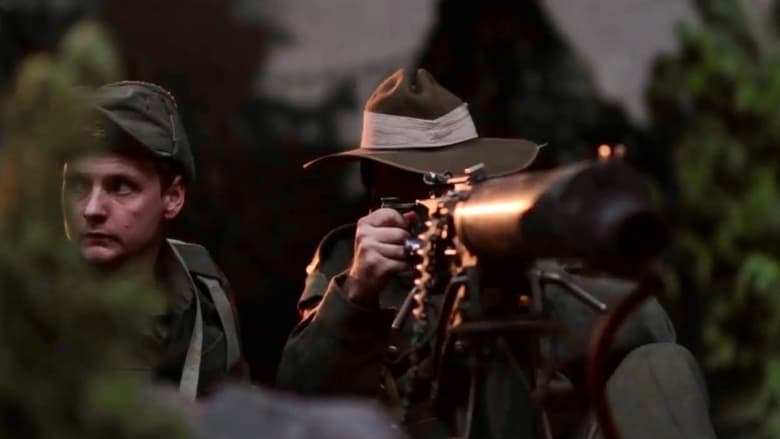Ko ta maatau whare pikitia me to wharepukapuka whakaataata ka taea noa te rere, te tango mai ranei ma nga mema anake
Me matakitaki tonu mo te FREE ➞He iti ake te waa 1 meneti ki te Haina Mai ka pai ai ki a koe te koa ki nga Kiriata Mutunga & Taitara TV.

Kapyong (2011)
On April 24, 1951, following a rout of the South Korean army, the Chinese People Volunteer Army pursued their enemy to the lines of Australian and Canadian troops still digging fall-back defences, 39 kilometres to the rear. Here, sometimes at the length of a bayonet, often in total darkness, individual was pitted against individual in a struggle between a superpower and a cluster of other nations from across the world. They fought for a valley, the ancient and traditional invasion route to Seoul. If it fell the southern capital and the war, was lost. The United Nations troops had the military advantage of the high ground and artillery support: the Chinese relied entirely on vastly superior numbers. As a result, young men from both sides found a battle which was very close and very personal. The Battle of Kapyong became the turning point of China's Fifth Offensive in that Korea spring... Written by John Lewis
Momo: War, Documentary, TV Movie
Maka: John Waters, Cory Corbett, Yuki Nagashima, Steven Carroll, Rick Tonna, Alex Borg
Kaimahi: Dennis K. Smith (Director), Dennis K. Smith (Writer), Marcus Dineen (Director of Photography), Uri Mizrahi (Editor), James Short (First Assistant Director), Tim Mummery (Second Unit Director of Photography)
Subtitle:
![]()
![]()
![]()
![]()
![]()
![]()
![]() ETC.
ETC.
Tuku: Apr 28, 2011
Rongonui: 0.3
Reo: English
Studio: Screen Australia, Film Victoria
Whenua: Australia

